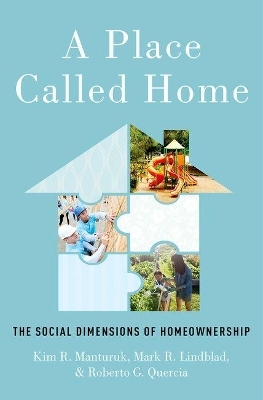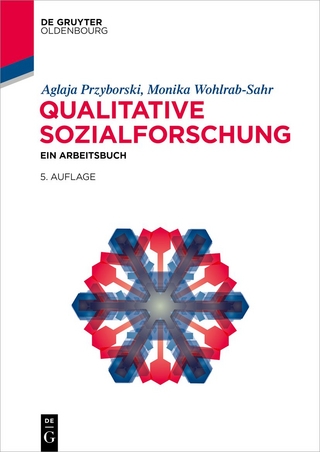
A Place Called Home
Oxford University Press Inc (Verlag)
978-0-19-065324-8 (ISBN)
Since the onset of the mortgage lending crisis and the subsequent Great Recession, there has been ongoing debate about the economic benefits of homeownership. Some say homeownership remains an important contributor to wealth creation, while others believe that renting is a less expensive and less risky option. This debate has raised an interesting question about homeownership: if the home is not guaranteed to provide a solid return on investment, is there a rationale for promoting homeownership beyond whatever financial benefits it may deliver?
The authors' research has provided tremendous insights into the extra-financial effects of affordable homeownership. It shows that homeowners, when compared with renters, have better health outcomes, experience less stress in times of financial hardship, experience a greater sense of trust in their neighbors, have access to more social capital resources, and are more likely to vote. Further, the data allows us to explore not only what benefits result from affordable homeownership, but how and why these benefits are transferred. The book ultimately argues that homeownership is not only important for financial reasons, but also functions as a social tool that can improve the lives of low- and moderate-income people.
Kim R. Manturuk, PhD, MA, is Manager of Program Evaluation at Duke University. She manages CIT's research and evaluation initiatives. She has expertise in all aspects of evaluation planning and execution including survey design, research protocol development, attrition analysis, statistical methods, propensity score analysis, and stakeholder identification. Prior to joining CIT, Kim was a Senior Research Associate at the UNC Center for Community Capital where she designed and implemented evaluations of programs aimed at increasing financial inclusion with an emphasis on emerging mobile technologies. She led several large, multi-site evaluations and spearheaded a national initiative to standardize measures across the field of financial services research. Kim also teaches online courses through the UNC Friday Center for Continuing Education. Kim holds a MA and a PhD in Sociology from the University of North Carolina at Chapel Hill. Mark R. Lindblad, PhD, MS, is Research Director at the UNC Center for Community Capital, University of North Carolina Chapel Hill. His work connects the psychological, social, and legal factors that influence consumer financial decision-making. His research examines how financially constrained households manage debt. Roberto G. Quercia, PhD, MURP, is Harris Distinguished Professor in the Department of City and Regional Planning and Director of the UNC Center for Community Capital, University of North Carolina Chapel Hill.
Acknowledgments
Foreword
Introduction
Chapter 1: Methods
Chapter 2: Physical Health Limitations and Financial Hardship
Chapter 3: Financial Stress and Satisfaction
Chapter 4: Mental Health and Sense of Control
Chapter 5: Local Voting
Chapter 6: Civic Engagement
Chapter 7: Social Capital
Chapter 8: Collective Efficacy and Perceived Crime
Chapter 9: Homeownership: Mechanisms and Dependencies
Conclusion
Afterword
References
Index
| Erscheinungsdatum | 01.11.2017 |
|---|---|
| Verlagsort | New York |
| Sprache | englisch |
| Maße | 236 x 155 mm |
| Gewicht | 454 g |
| Themenwelt | Sozialwissenschaften ► Soziologie ► Empirische Sozialforschung |
| ISBN-10 | 0-19-065324-8 / 0190653248 |
| ISBN-13 | 978-0-19-065324-8 / 9780190653248 |
| Zustand | Neuware |
| Haben Sie eine Frage zum Produkt? |
aus dem Bereich


